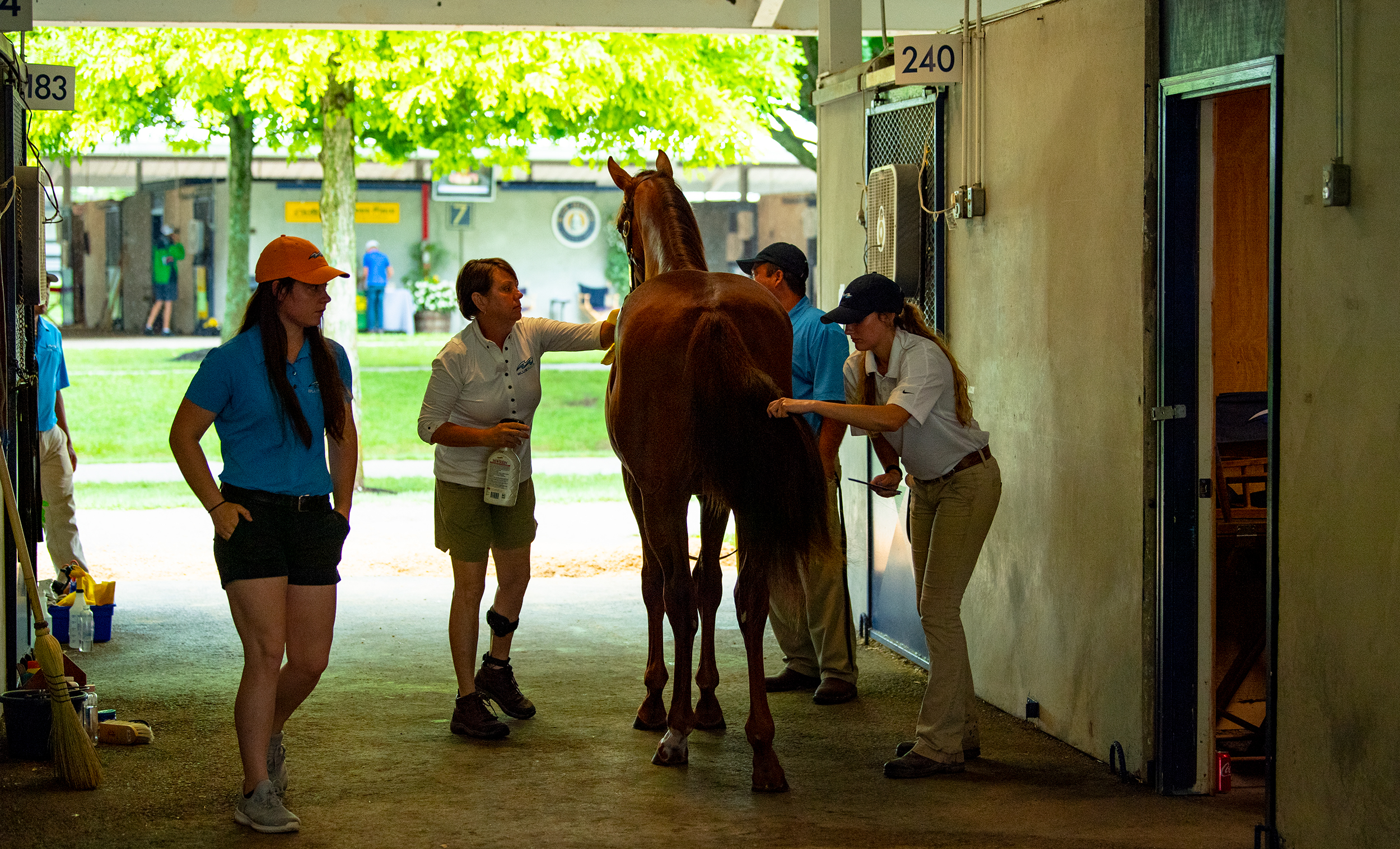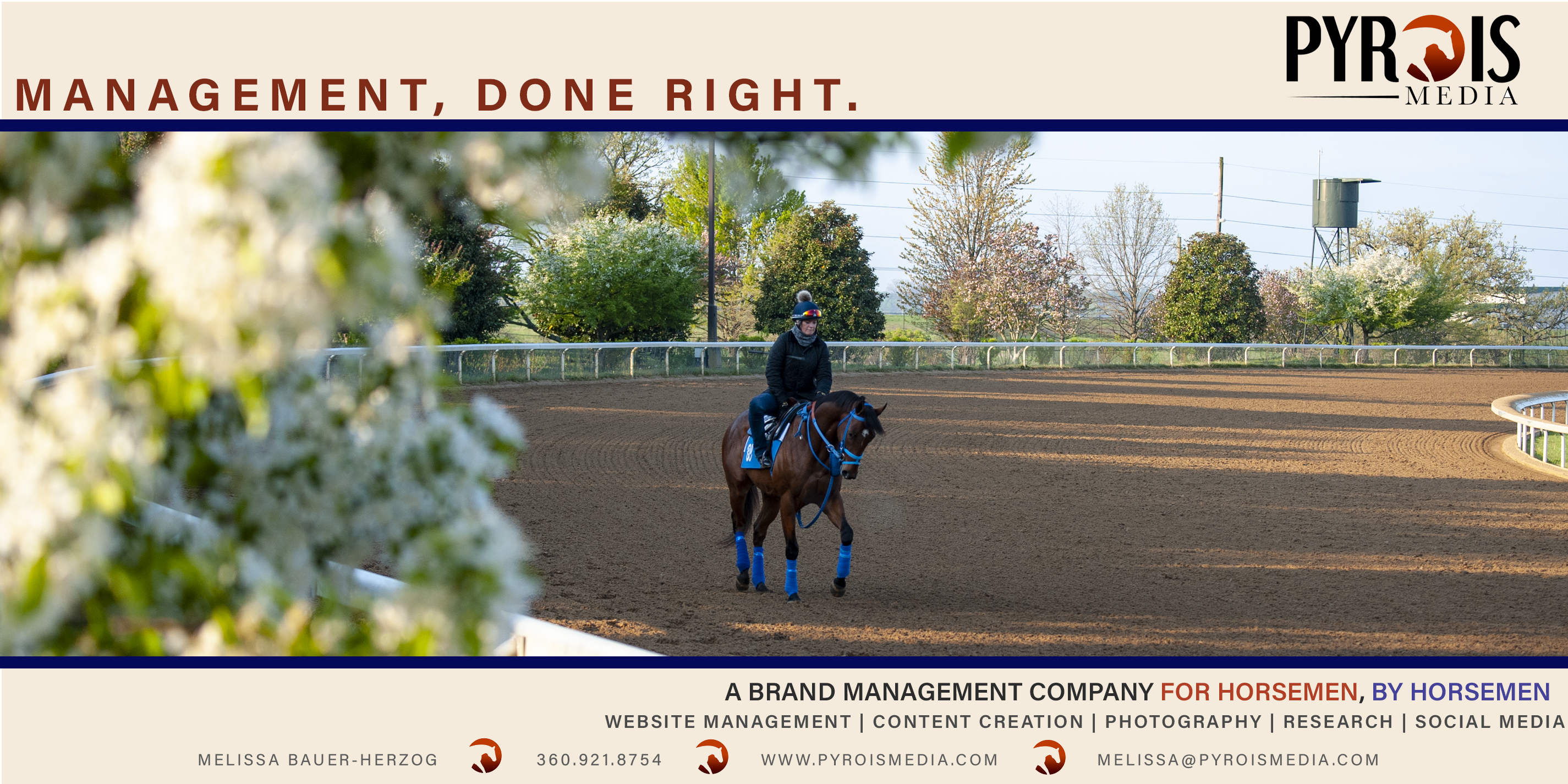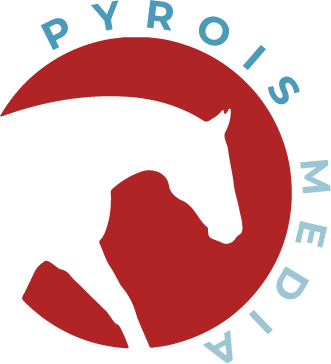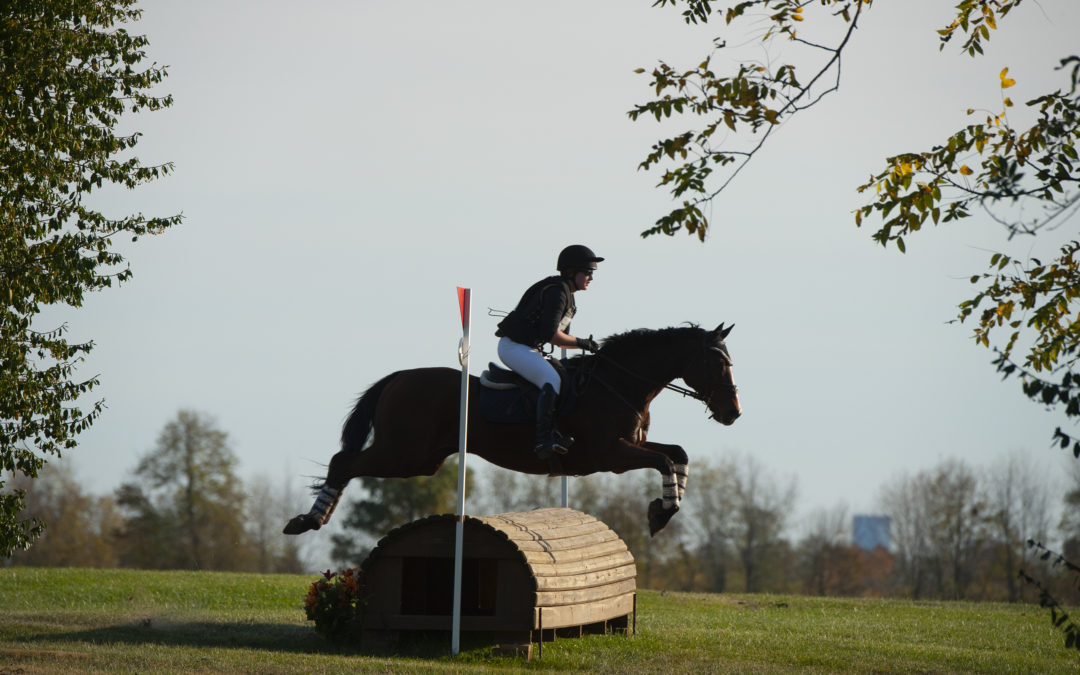Growing up in a horse-heavy location, I was lucky to have plenty of fantastic horsewomen around to answer any questions I had about horses and guide me in my riding career. Unfortunately, while there was a large riding scene, there weren’t many people who worked with horses full time. Because of that, I had no idea how to follow my dream of working with horses.
While researching careers is a bit easier now with an information-loaded internet (at the risk of aging myself, I first decided I wanted to work with horses when internet came from a modem and a CD AOL sent through the mail giving you a few free minutes online.), it still isn’t easy to know how to get started.
With that in mind, I’ve put together a list of five things I wish I had been told about getting involved in and working in the industry.
1. Research, Research, Research – The internet holds a wealth of information these days, no matter what you look up. If you are interested in seeing lists of the many careers involved with horses, schools that have equine programs, or even finding an internship or job with horses – jump on Google. Facebook groups are also an excellent source for getting opinions about colleges or even finding a position you can do on weekends or after school.
A few Thoroughbred sites that have information on careers is https://tbindustrycareers.com.au/ and http://amplifyhorseracing.org. Just typing “equine industry careers” into Google brought up over three million results with websites both about all the different careers available and education programs geared toward a job in the industry.
2. Ask Questions – If you are interested in working in the industry, don’t be afraid to ask questions. Equestrians in your town may have the answers you’re looking for but if they don’t, look farther abroad. As my blog from a few months ago suggested, don’t be afraid to send out emails or even call people.
Many in the industry are willing to help others who want to work with horses or point you in the right direction of someone who can help. Personally, one of Pyrois Media’s goals is helping others learn about how to join the industry so I’m always available to give advice or answer questions at Melissa@PyroisMedia.com.

Grooming a yearling before they go in the sales ring.
3. Try It Out – Do you think you want to be a horse trainer? Then find a trainer to work for, even if it’s just grooming when you get out of school every day. If you want to be a vet, some will let you shadow them for days or weeks at a time. Basically, whatever you think you want to do – find a way to experience that job for a time.
Many farms and trainers are happy to have an extra hand around and to teach people. Even if it’s not the exact job you had in mind (for example, most people aren’t going to let you jump right on a barely broke 2-year-old your first day), the experience will be invaluable and will give you clues on if you want to spend your life doing it. Which leads to my next point …
4. Don’t Be Afraid To Change – Just because you have an idea in your mind of what you want to do doesn’t mean you aren’t allowed to change course. Personally, through college and even my 20s, I went through many different job ideas before finding one that was right for me. While you may feel like you’re letting others down or “failing” by changing course, those that matter will support you no matter what route you go.
If you’re worried about all that experience you gained is going to go to waste, don’t be. Even though I spend most of my time behind a computer or camera these days, my years of farm experience has helped me with even my day-to-day tasks because of the knowledge it gave me. I’m a big believer in trying to get experience in as many different areas of the industry as possible because of how much it will help you no matter what path you take.

5. Never Stop Learning – Even if you’ve been riding or working with horses for 30 years, never think you have nothing left to learn. The world moves fast and the equine industry always has something new for you to discover. This could mean learning a different way to handle a problem horse or just learning about a new stall door design that helps give you a healthier horse.
It can be really easy to blow someone’s advice off no matter how long you’ve been around horses. But always keep in mind that even if the advice doesn’t fit the situation at that moment, you can likely use it in the future.
Have questions about how you can get involved in the equine industry? Email Melissa@PyroisMedia.com!

